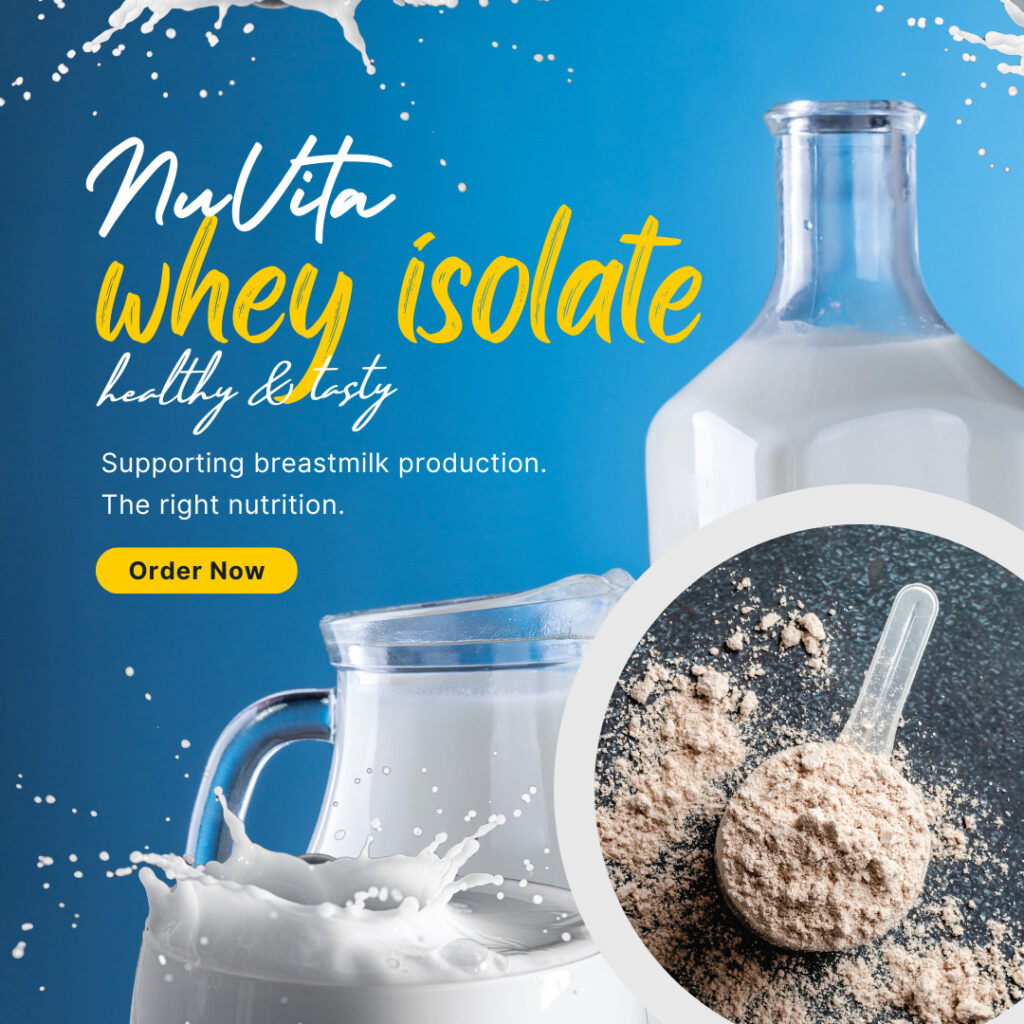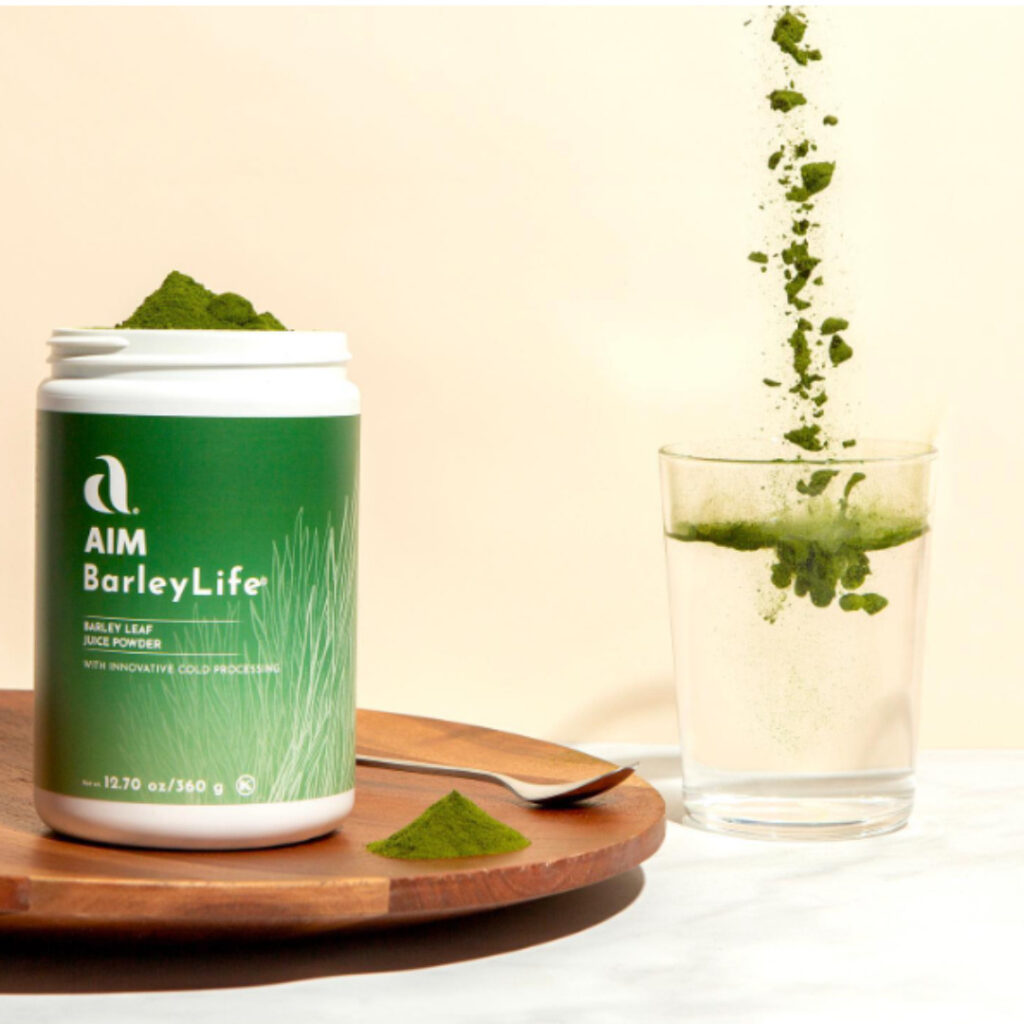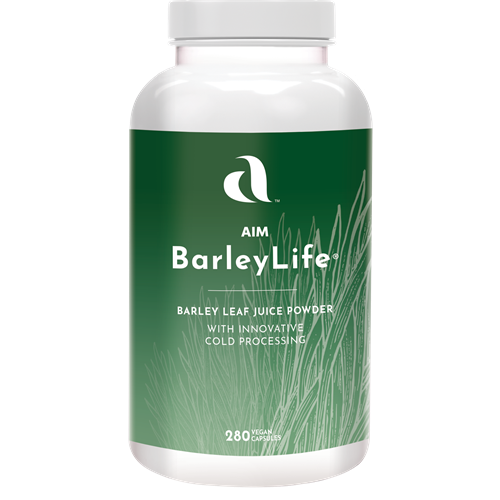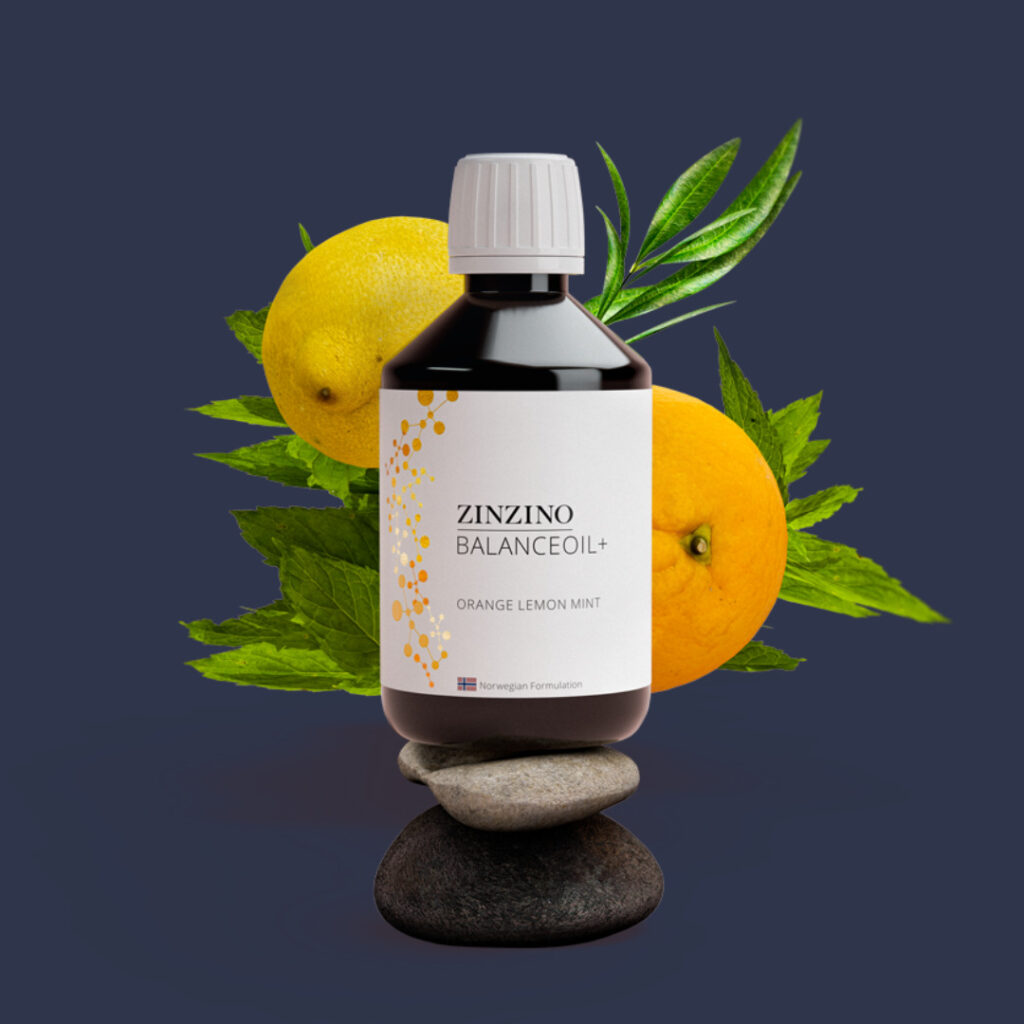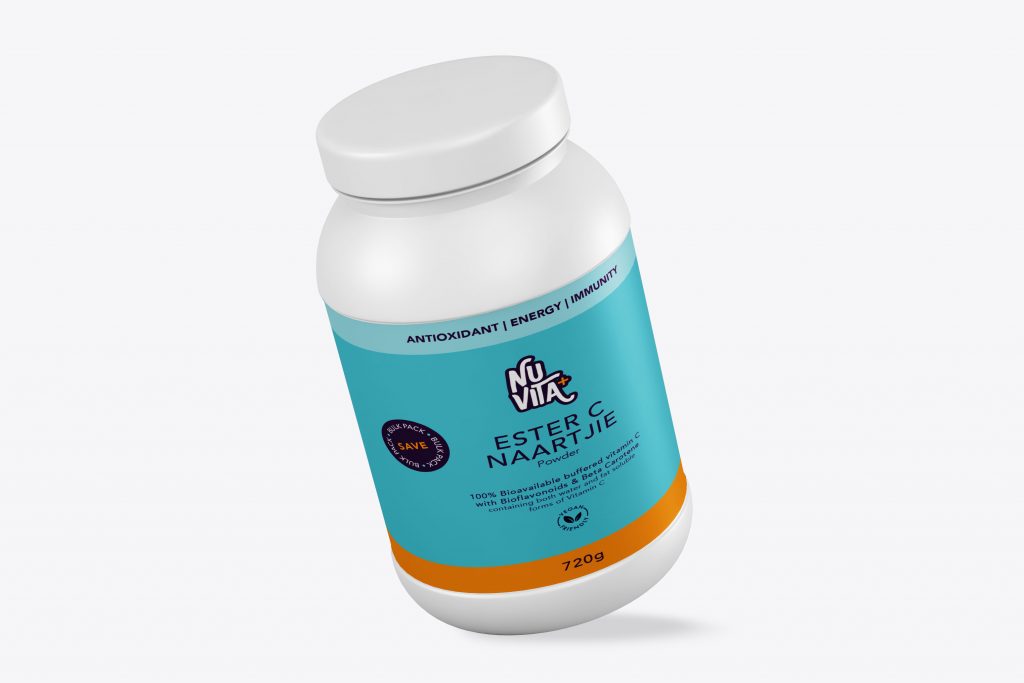There are several factors that can affect breast milk supply in lactating mothers.
Factors to Consider
These include:
-
Dehydration: One of the most common reasons for low breast milk supply is dehydration. Lactating mothers need to consume enough water to support milk production. Drinking at least eight glasses of water per day is recommended.
-
Poor nutrition: A lactating mother’s diet can impact breast milk production. A healthy diet rich in essential nutrients like protein, vitamins, and minerals can help increase milk supply.
-
Stress: High levels of stress can negatively affect breast milk supply. It’s important for mothers to take time to relax and practice stress-reducing techniques, such as meditation or deep breathing exercises.
-
Medications: Some medications can reduce breast milk production. If you’re taking medication and concerned about its impact on your milk supply, talk to your healthcare provider.
-
Medical conditions: Certain medical conditions, such as thyroid issues or polycystic ovary syndrome (PCOS), can affect breast milk production. If you suspect you have a medical condition that’s impacting your milk supply, speak to your healthcare provider.
Natural Interventions
There are several natural interventions or solutions that can help increase breast milk supply. These include:
-
Increasing water intake: As mentioned above, dehydration can negatively impact breast milk supply. Drinking enough water can help increase milk production.
-
Eating a healthy diet: Consuming a balanced diet with plenty of protein, fruits, vegetables, and whole grains can help increase milk supply.
-
Rest and relaxation: Reducing stress levels through rest and relaxation can help increase breast milk production.
-
Herbal supplements: Certain herbs, such as fenugreek, blessed thistle, and alfalfa, are known to increase milk supply. However, it’s important to talk to your healthcare provider before taking any herbal supplements.
-
Barley and whey protein isolate: Studies have shown that both barley and whey protein isolate can help increase breast milk supply. Barley contains beta-glucans, which have been shown to stimulate milk production. Whey protein isolate contains amino acids that are essential for milk production.
It’s important to note that every mother’s body is different, and what works for one mother may not work for another. If you’re struggling with low breast milk supply, it’s important to speak with your healthcare provider to develop a plan that works for you.
Conclusion
It’s important to note that every mother’s body is different, and what works for one mother may not work for another at the same level. If you’re struggling with a low breast milk supply, trying the above is an important first step before deciding to stop breastfeeding and put your newborn precious baby on formula.

